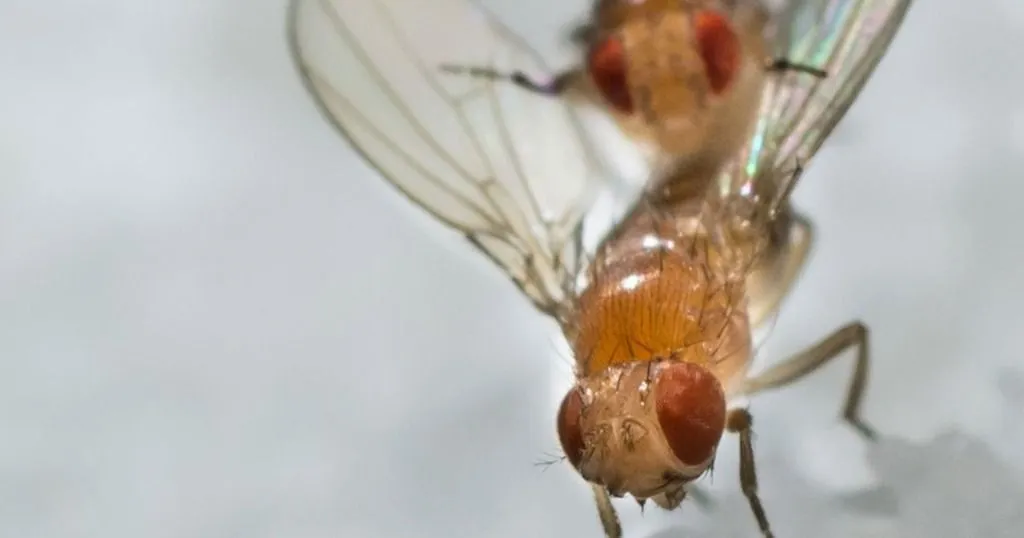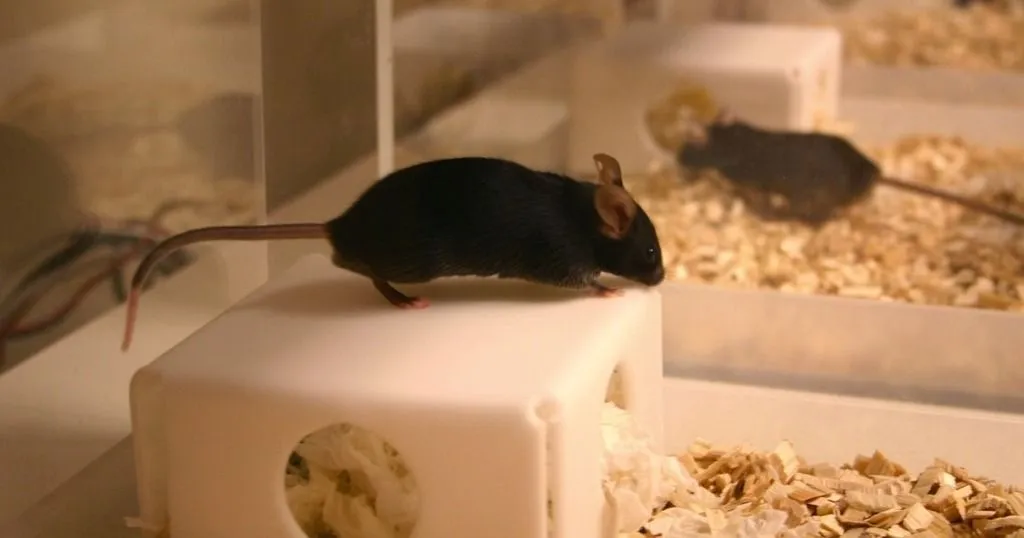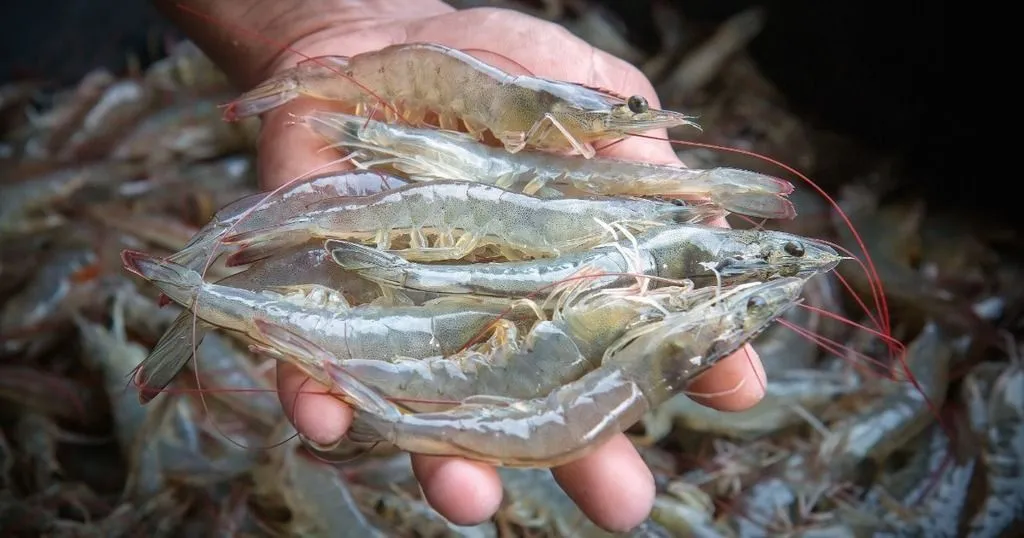Walking in circles - the exploratory activity of Drosophila
Like rats and mice, fruit flies avoid open spaces and stay close to physical borders. In rats and mice this is caused by fear to be out in the open and preference for close contact with borders.
Posted by
Published on
Mon 26 Mar. 2012
Topics
| Drosophila | EthoVision XT | Insects | Video Tracking |

Like rats and mice, fruit flies avoid open spaces and stay close to physical borders. In rats and mice this is caused by fear to be out in the open and preference for close contact with borders. However, fruit flies are different from rats and mice. They stay close to the borders because they explore them visually.
Uncomfortable to be out in the open
Do we not all feel a little uncomfortable when we cross a large square and do we not all secretly prefer to walk along its edges? Centrophobicity, the tendency to avoid open spaces, is a well-known phenomenon in behavioral science. Rats and mice, for example, are strongly centrophobic, because being out in the open makes them vulnerable to predators. This behavior is commonly used in the development of antidepressants, to determine whether the drugs succeed in making the animals braver and more eager to explore their environment.
Fruit flies are like rats and mice
The habits of insects are comparable to the habits of rodents. Insect studies show that fruit flies, for example, also prefer to stay close to the borders of an open field. But does this mean that fruit flies are centrophobic, like rats and mice? Or can this behavior be explained by the preference of the insects for physical contact with the border, known as thigmotaxis? Or is there perhaps a third explanation?
Why stay close to the borders?
In an interesting study, Soibam et al. (2012) publicly question whether the preference of Drosophila for the borders of an open field is caused by centrophobicity or thigmotaxis. They placed walls in the center of the open field that differed in shape and opacity. They also altered the shape and opacity of the outer border and created corners of different angles. EthoVision XT, one of their Drosophila research tools, was used to automate the analysis of the exploratory behavior.
Fruit flies are not afraid of open spaces
The fruit flies did not prefer corners that were furthest away from the center. Hence, do the authors say, the preference for the arena borders is not caused by centrophobicity. To investigate what could then be the case, the authors used wild-type, visually impaired, and blind fruit flies and determined their preference for clear and opaque arena borders.
Fruit flies are not like rats and mice after all
The wild-type fruit flies moved more slowly along both the clear and opaque borders than the blind ones. The visually impaired Drosophila moved more slowly along the opaque borders than along the clear borders. The authors conclude that the preference for the borders is not caused by thigmotaxis, but instead by something else. Fruit flies use their eyes to explore the borders. Hence, Drosophila, like rats and mice, avoid open spaces and stay close to borders. However, unlike in rodents, in fruit flies this behavior is caused by neither centrophobicity nor thigmotaxis. The fruit flies stay close to the borders because they explore them visually.
Reference
Soibam, B., Mann, M., Liu, L., Tran, J., Lobaina, M., Kang, Y. Y., Gunaratne, G. H., Pletcher, S. and Roman, G. (2012), Open-field arena boundary is a primary object of exploration for Drosophila. Brain and Behavior. doi: 10.1002/brb3.36
Related Posts

The challenges of measuring epilepsy in rodents

Non-invasive home cage testing of epilepsy in mice

